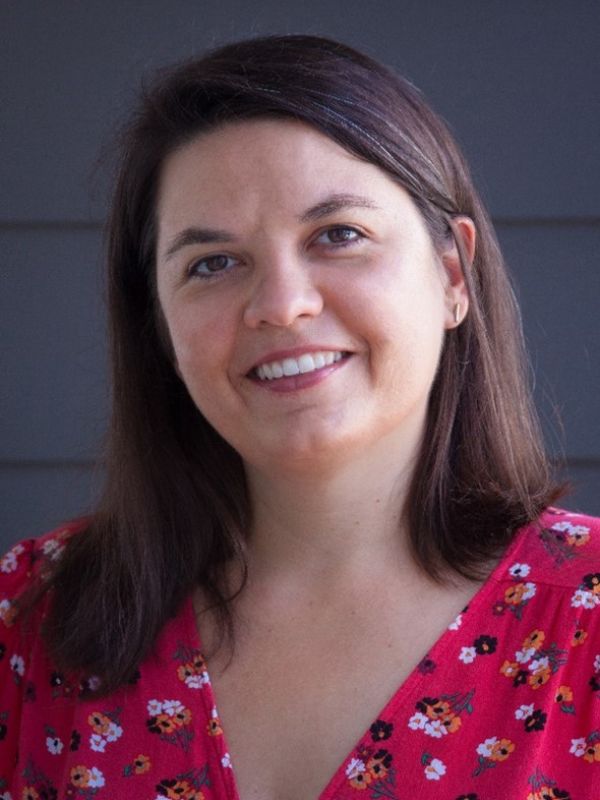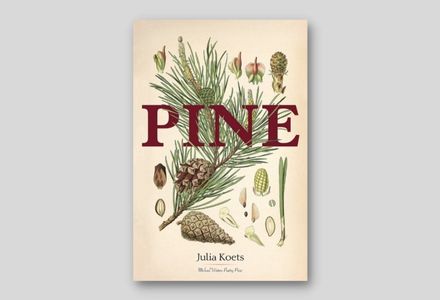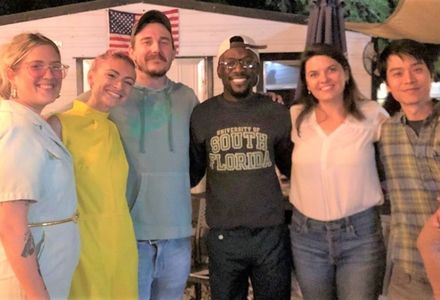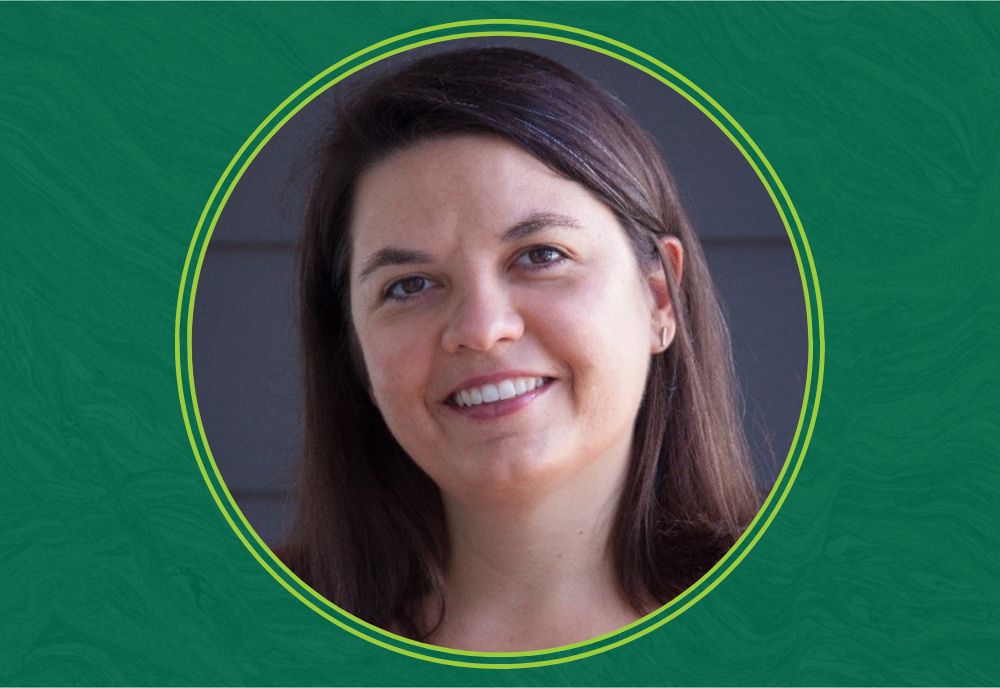
Julia Koets, PhD. (Photo courtesy of Dr. Julia Koets)
Dr. Julia Koets, an assistant professor of creative writing in the USF College of Arts and Sciences Department of English, is one of 36 writers from across the nation selected to receive a 2023 Creative Writing Fellowship of $25,000 from the National Endowment for the Arts (NEA)—one of the largest funders of the arts and arts education established by Congress since 1965.
The fellowships enable recipients to set aside time for writing, research, travel and general career development.
Koets, who competed among 1,900 applicants, was selected through an anonymous review process and chosen for her artistic excellence, according to the NEA.
“It's an honor to be chosen for the NEA fellowship,” Koets said. “To be recognized alongside writers whose work I love. Right after I got the call from the NEA with news of the award, I called my family to celebrate.”
Koets is the author of three books: The Rib Joint, a LAMBDA Literary Award finalist, PINE, a Florida Book Award winner, and Hold Like Owls, a South Carolina Poetry Book Award winner.
“I submitted a selection of poems from my third book, PINE, for my writing sample for the NEA,” Koets said. “In the book, I experiment with different poetic forms, like the villanelle, to explore themes of love, desire, loss, and possibility. I grew up in the South, and that landscape features prominently in the book, as well.”
Her essays and poems have been published in literary journals including Creative Nonfiction, Indiana Review, Nimrod, The Los Angeles Review, Carolina Quarterly, and Portland Review.

Dr. Koets’ third book, Pine, is a Florida Book Award winner.
Koets, who earned her MFA at the University of South Carolina and her PhD in creative writing and literature at the University of Cincinnati, says the fellowship will give her the time and resources needed to write and research for her fourth book—a collection of nonfiction essays. She’s also planning to begin work on new poems.
“In many ways, writing is a solitary thing. When I'm working on an essay or a poem, I spend so much time in my own head, and receiving the NEA felt really encouraging—to know that my work is connecting with readers,” she said.
For her fourth book, Koets says she weaves research with personal narrative to explore queerness and loss, memory and the villanelle, and erasure and notions of the archive—what stories have been told and recorded in public memory and what stories have remained secret.
“There are so many people who have had an impact on me, my writing, and my academic career,” Koets said. “Teachers from elementary school to high school to college who showed me how writing could be fun. One teacher had us draw pictures alongside the writing we turned in, and I loved doing that. Drawing helped me remember details and images that I might include in the story.”

Dr. Koets (third from right) with her creative writing colleague, Ryan Cheng, and some of her MFA creative writing graduate students at the Spoonbill Reading Series. (Photo courtesy of Dr. Julia Koets)
“I recently read this quotation by author Hilary Mantel: ‘The question is not who influences you, but which people give you courage.’ At a recent USF MFA creative writing reading, one of my USF colleagues read a poem that made me stop and think about the act of thinking in a new way. A line he wrote stuck with me and hearing the images in his poem gave me the courage to continue working on a draft of an essay that I had been having trouble figuring out in the revision process. I am buoyed by the work my USF colleagues and graduate students are doing, the questions they're asking, and the joy and wonder in their writing.”
Koets translates this same joy over in her career teaching creative writing.
“To see what happens when a student slows down and explores the lyric possibilities of their work; that's one thing I love about both writing poems and essays—the page becomes a place where you look closely at things, where you consider connections between images and words that initially may not seem connected.”
